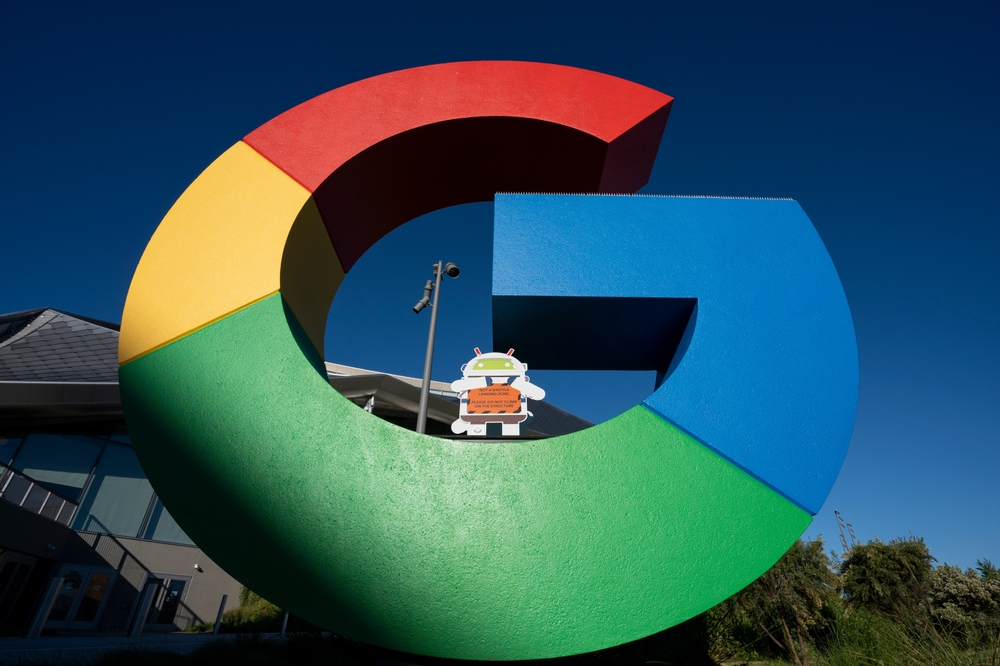Google has finally decided to cease support for older Chrome extensions known as Manifest V2.
Others are reading now
End of an Era for Manifest V2 Extensions
After years of delays, Google has finally decided to cease support for older Chrome extensions known as Manifest V2.
According to Ziare this significant change means that many of the extensions still in use by Chrome users will soon become unusable. Google’s motivation behind this move is to push for the adoption of Manifest V3, a new extension format designed to enhance ad promotion and user data collection through platforms like Google Ads.
For years, the company has aimed to modify the Chrome extension system to neutralize ad-blocking and privacy-protecting solutions, which primarily rely on the outdated Manifest V2 format.
Transition to Manifest V3
The new Manifest V3 format was supposed to be officially adopted in 2021, but the transition has been slow. Popular extensions like AdBlock have seen their functionality significantly limited, making them almost irrelevant.
Also read
However, developers of these extensions have started adapting to the changes. While Google views the transition to Manifest V3 as a victory, it may not have a significant long-term impact, as developers are expected to come up with new solutions.
Critics of this change include notable names like AdGuard, uBlock Origin, and Adblock Plus, who argue that the shift will hurt users’ ability to block ads and protect their privacy effectively.
What Users Can Do
The deactivation of old extensions has already begun with the Chrome Beta version, and the transition to the stable version of Google Chrome could take a few months.
Extensions targeted for deactivation are those that were installed long ago, are relatively obscure, and have not received recent updates. Users who rely on these older Chrome extensions are encouraged to seek modern alternatives as soon as possible. Another option is to switch to an alternative web browser like Firefox.
Mozilla, the developer of Firefox, has announced that it does not plan to withdraw support for V2 extensions anytime soon.
Firefox remains one of the few relevant browsers that do not rely on the Chromium rendering engine, allowing Mozilla to disregard Google’s preferences regarding extensions and offer users more freedom.


